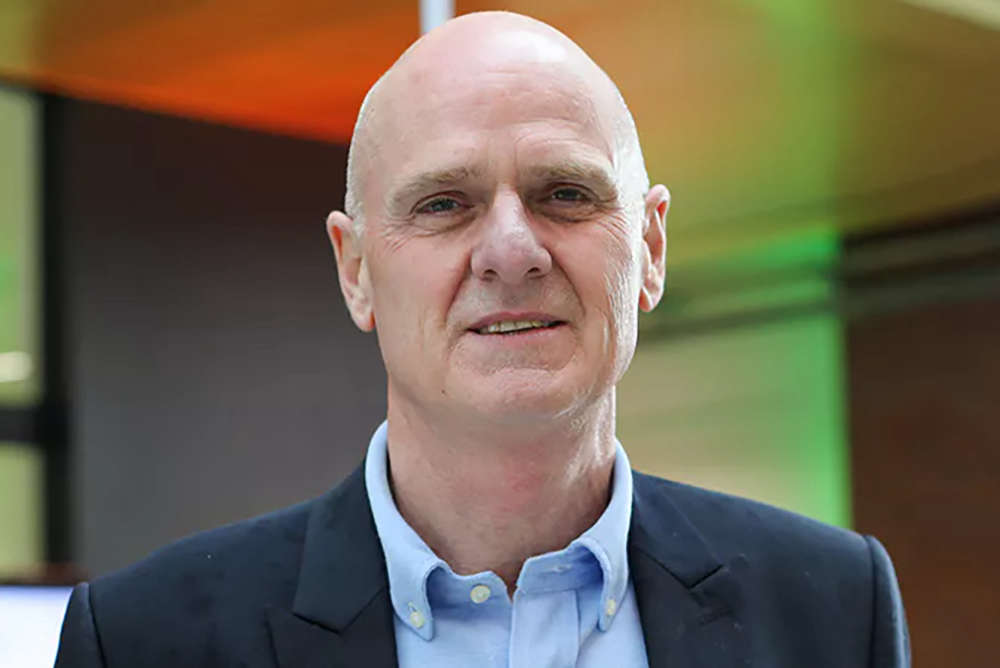
A policing expert has said that, following the scrapping of the role of Police and Crime Commissioner, he expects police forces to be merged to create further cost savings.
Ron Winch is Associate Professor for MA Policing and Intelligence Analysis at Birmingham City University and made the prediction following news that the government will abolish the role of Police and Crime Commissioner in England and Wales in a bid to make savings of £100 million, allowing £20 million to be reinvested into policing every year.
Prof. Winch said: “It’s fair to say that the introduction of elected PCCs never captured the enthusiasm of the public. With election turnouts as low as around 12% in the case of the PCC for the West Midlands, reform was inevitable.
“With the disappearance of PCCs’ explicit democratic mandate, I expect the government to now look at the amalgamation of police forces to create further savings opportunities.”
Home Secretary Shabana Mahmood said the introduction of new reforms would make police accountable to their local mayoralties or councils. But Professor Winch feels that despite this move, it is not enough to meet current policing demands.
Prof. Winch added: “Whilst these savings are to be welcomed, they only represent around 320 constables a year for England and Wales—when far greater investment is required to meet our policing demands going forward.
“In addition, the government’s announcements around police governance reform are not as radical as they first appear. For example, there will still be a democratic element and policing oversight within the role—due for full implementation in 2028, when the current democratic mandate expires.
“We will then see elected PCCs replaced either by locally elected mayors or by locally elected existing councillors. For the West Midlands, this will mean the PCC’s functions will transfer to the Mayor of the West Midlands, in the same way that the Mayors of Greater Manchester and London already have responsibility for policing oversight.
“Local Chief Constables will still retain operational independence but will be appointed and held to account by those mayors and appointed councillors. It is presumed that these new bodies will still have responsibility for creating the local police and crime plan.
“We have yet to understand what any new funding arrangements will look like, as currently PCCs have the power to increase council tax to supplement general policing finance. I also sense that these announcements could prelude more radical reforms around police force numbers.”












Comments
Add a comment